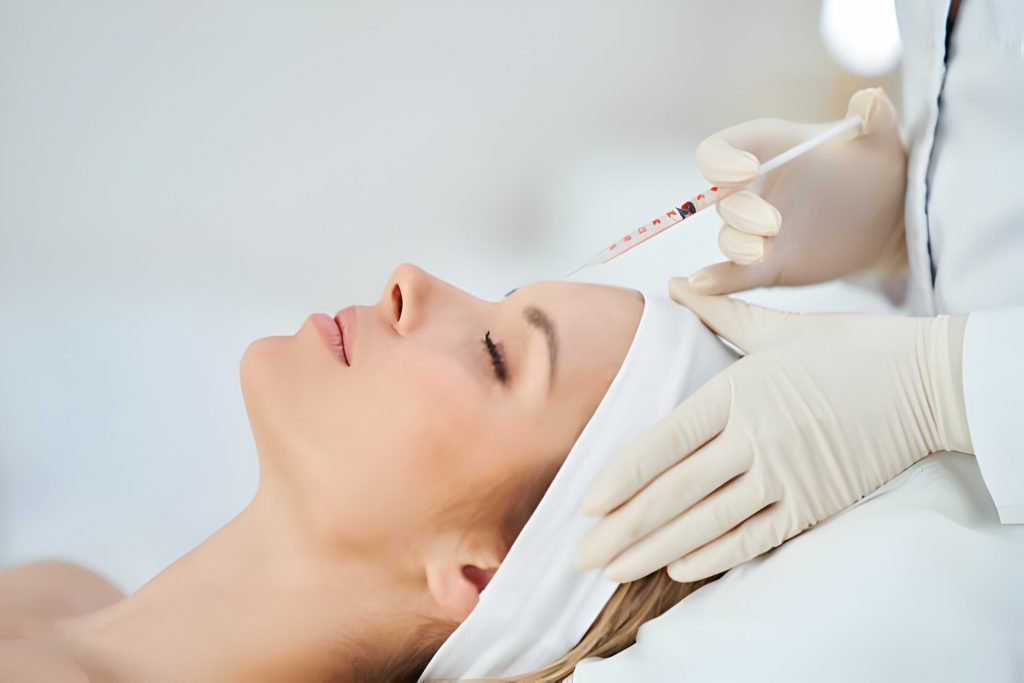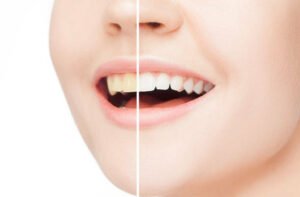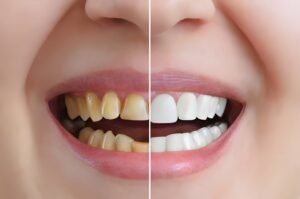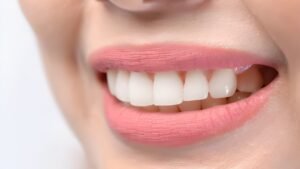Curious about the longevity of your Botox treatment? Wonder no more! In this ultimate guide, we’ll delve into the question “how long does Botox last?” and provide you with all the essential information you need to know to make the most of your Botox experience.
Understanding Botox
Botox, short for Botulinum toxin, is a popular cosmetic treatment used to reduce the appearance of wrinkles and fine lines. It works by temporarily paralysing or relaxing the muscles responsible for causing wrinkles, resulting in smoother, younger-looking skin.
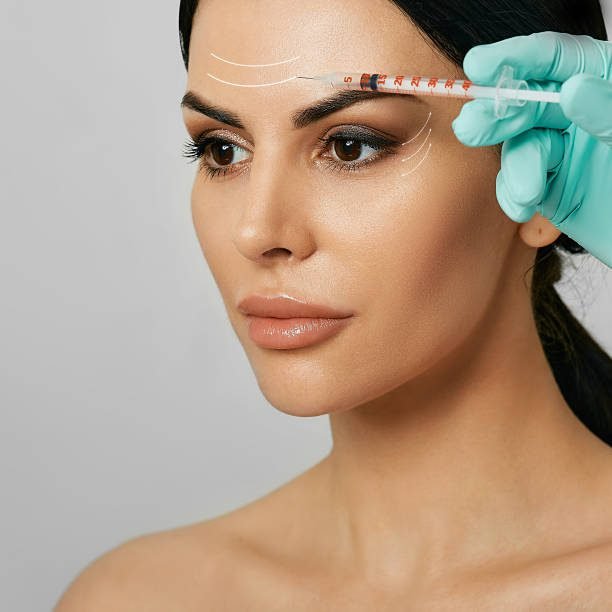
Duration of Botox Effects
So, how long does Botox actually last? On average, the effects of Botox typically last between three to six months. However, individual results may vary based on factors such as metabolism, muscle strength, and the dosage administered.
Factors Influencing Botox Longevity in Dentistry
In the realm of dentistry, Botox has emerged as a versatile tool, offering solutions beyond wrinkle reduction. Understanding the factors that influence the longevity of Botox treatments is crucial for both patients and practitioners alike. Here, we delve into these factors in detail:
Metabolism and Botox Duration
Metabolism plays a significant role in how long Botox remains effective in the body. Individuals with faster metabolic rates may metabolise Botox more rapidly, resulting in shorter-lasting effects. Conversely, those with slower metabolisms may experience prolonged benefits from Botox treatments. Dentists should consider patients’ metabolic rates when determining treatment plans and expected outcomes.
Muscle Strength and Botox Efficiency
The strength of the targeted muscles can impact the efficacy and duration of Botox treatments. Stronger muscles may metabolise Botox at a faster rate, leading to shorter durations of effectiveness. This factor is particularly relevant in dental applications, where Botox is commonly used to treat conditions such as bruxism (teeth grinding) and temporomandibular joint disorders (TMJ). Dentists must assess the strength of the muscles involved and adjust dosage and treatment intervals accordingly to achieve optimal results.
Dosage Considerations
The dosage of Botox administered can significantly influence its longevity and effectiveness. While higher doses may produce longer-lasting results, they also carry an increased risk of side effects. Dentists must carefully evaluate each patient’s needs and tailor the dosage accordingly to achieve the desired outcomes while minimising potential adverse reactions. Additionally, the frequency of Botox treatments should be carefully monitored to prevent overexposure and maintain patient safety.
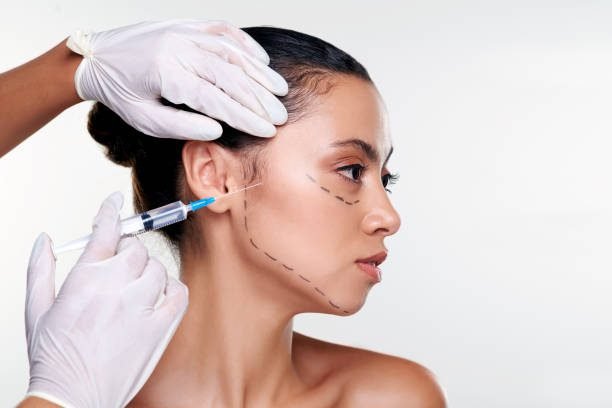
Injection Technique and Site Selection
The technique used for Botox administration and the selection of injection sites can also impact its longevity and efficacy. Dentists with advanced training in facial anatomy and injection techniques can precisely target specific muscles and achieve optimal results. Strategic placement of injections ensures that Botox spreads evenly and remains effective for the intended duration. Dentists should stay abreast of the latest advancements in injection techniques to deliver safe and effective Botox treatments to their patients.
Patient Factors and Treatment Response
Individual patient characteristics, such as age, gender, and overall health, can influence how long Botox lasts and how well it works. For example, younger patients with healthier skin may experience more prolonged benefits from Botox treatments compared to older individuals with underlying health conditions. Dentists should conduct thorough assessments and consider each patient’s unique circumstances when planning and administering Botox treatments.
Lifestyle and Environmental Factors
External factors, such as lifestyle choices and environmental exposures, can also affect the longevity of Botox treatments. Patients who lead active lifestyles or engage in activities that increase metabolic rate, such as strenuous exercise, may metabolise Botox more quickly, necessitating more frequent treatments. Similarly, environmental factors such as sun exposure and smoking can impact skin health and overall treatment outcomes. Dentists should educate patients on lifestyle modifications that can prolong the benefits of Botox treatments and enhance overall oral health.

Tips for Prolonging Botox Results
While Botox isn’t permanent, there are steps you can take to extend its benefits:
- Follow Post-Injection Guidance: Adhering to your healthcare provider’s instructions after Botox treatment, such as avoiding rubbing the injection site and refraining from excessive exercise, can help prolong its effects.
- Stay Hydrated: Drinking plenty of water before and after your Botox treatment can aid in flushing out toxins and maintaining hydrated, healthy skin.
- Use Skincare Products: Incorporating topical retinoids and moisturisers containing hyaluronic acid into your skincare routine can improve skin quality and prolong Botox results.
- Avoid Alcohol: Refrain from consuming alcohol before and after Botox treatment, as it can thin the blood and increase the risk of bruising or swelling.
- Minimise Sun Exposure: Protect your skin from sun damage by applying sunscreen regularly, as sun exposure can accelerate the breakdown of Botox.
Managing Expectations
It’s essential to have realistic expectations when undergoing Botox treatment. While it can effectively reduce the appearance of wrinkles and fine lines, Botox isn’t a permanent solution. Understanding its temporary nature and planning for periodic touch-up treatments can help you achieve long-lasting results.
Conclusion:
The duration of Botox effects varies from person to person but typically lasts between three to six months. By following post-injection guidance, maintaining proper skincare, and adopting healthy lifestyle habits, you can prolong the benefits of your Botox treatment and enjoy smoother, more youthful-looking skin for longer periods. Remember, Botox isn’t forever, but with the right care, its effects can last beautifully.
Ready to enhance your natural beauty with Botox? Schedule a consultation at Bridge St Aesthetic and Dental Implant Clinic today to discover personalised treatment options tailored to your unique needs and goals. With our expert guidance and comprehensive approach to aesthetics and dental care, you can achieve the refreshed, rejuvenated appearance you desire.
FAQS
Can Botox be reversed?
Yes, Botox is reversible. However, reversal procedures should be performed by a qualified healthcare provider to ensure safety and efficacy.
Is Botox safe?
Botox is generally considered safe when administered by a trained healthcare professional. However, there are potential risks and side effects, which should be discussed with your provider.
What factors affect Botox longevity?
Metabolism, muscle strength, and treatment frequency can influence how long Botox lasts. Following post-injection guidance and maintaining good skincare can also impact longevity.
Does Botox hurt?
Botox injections may cause mild discomfort, but most patients tolerate them well. Your healthcare provider can use numbing cream or ice packs to minimise any pain or discomfort.
What should I avoid after Botox?
Avoid rubbing or massaging the injection site for at least 24 hours after treatment to prevent bruising or swelling. Excessive exercise and alcohol consumption should also be avoided.
How soon can I see results from Botox?
While some patients may notice results within a few days, it can take up to two weeks to see the full effects of Botox treatment.
Can I prolong Botox results?
Yes, you can extend the benefits of Botox by following post-injection guidance, avoiding excessive exercise, staying hydrated, and using skincare products recommended by your provider.


